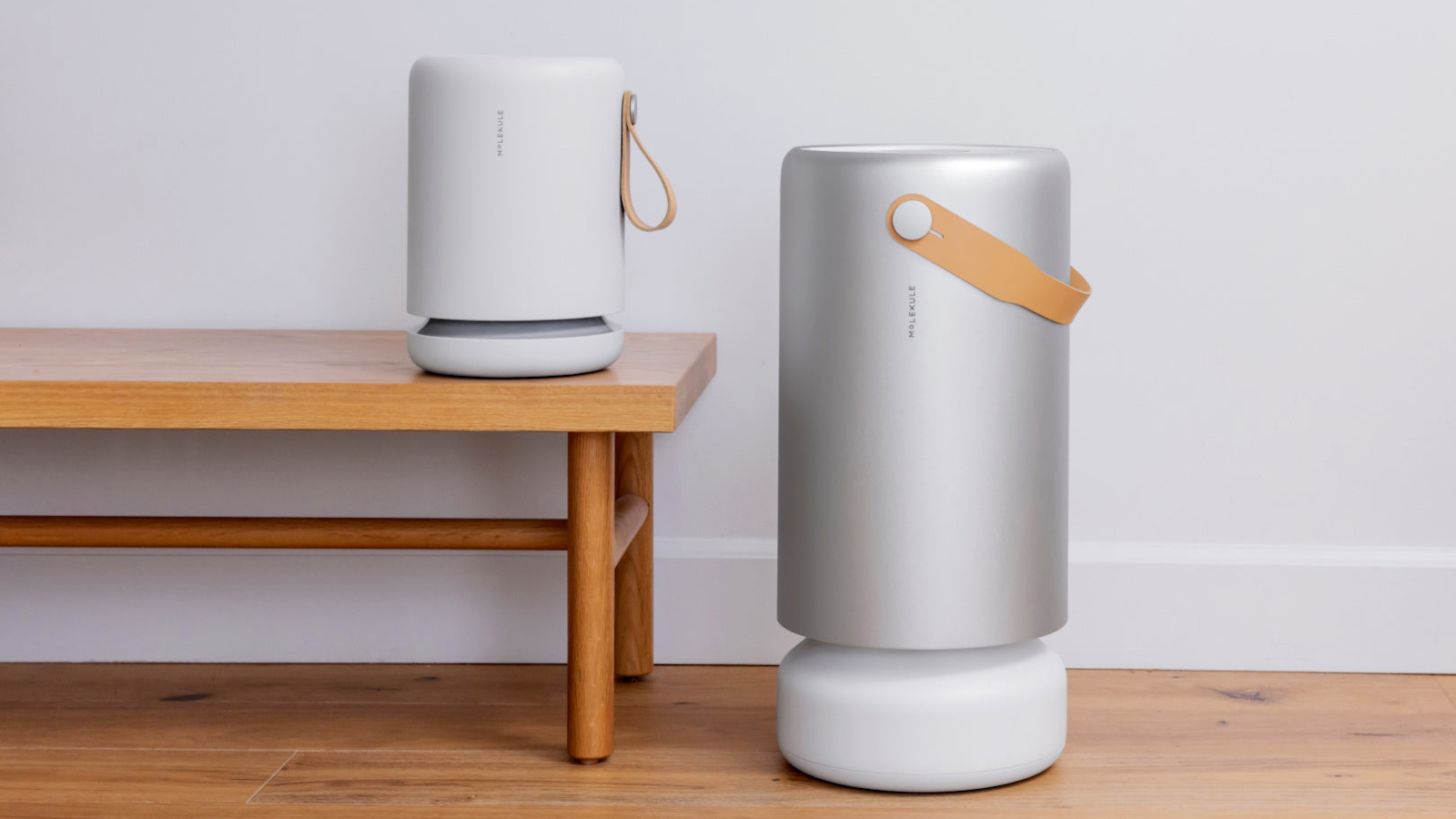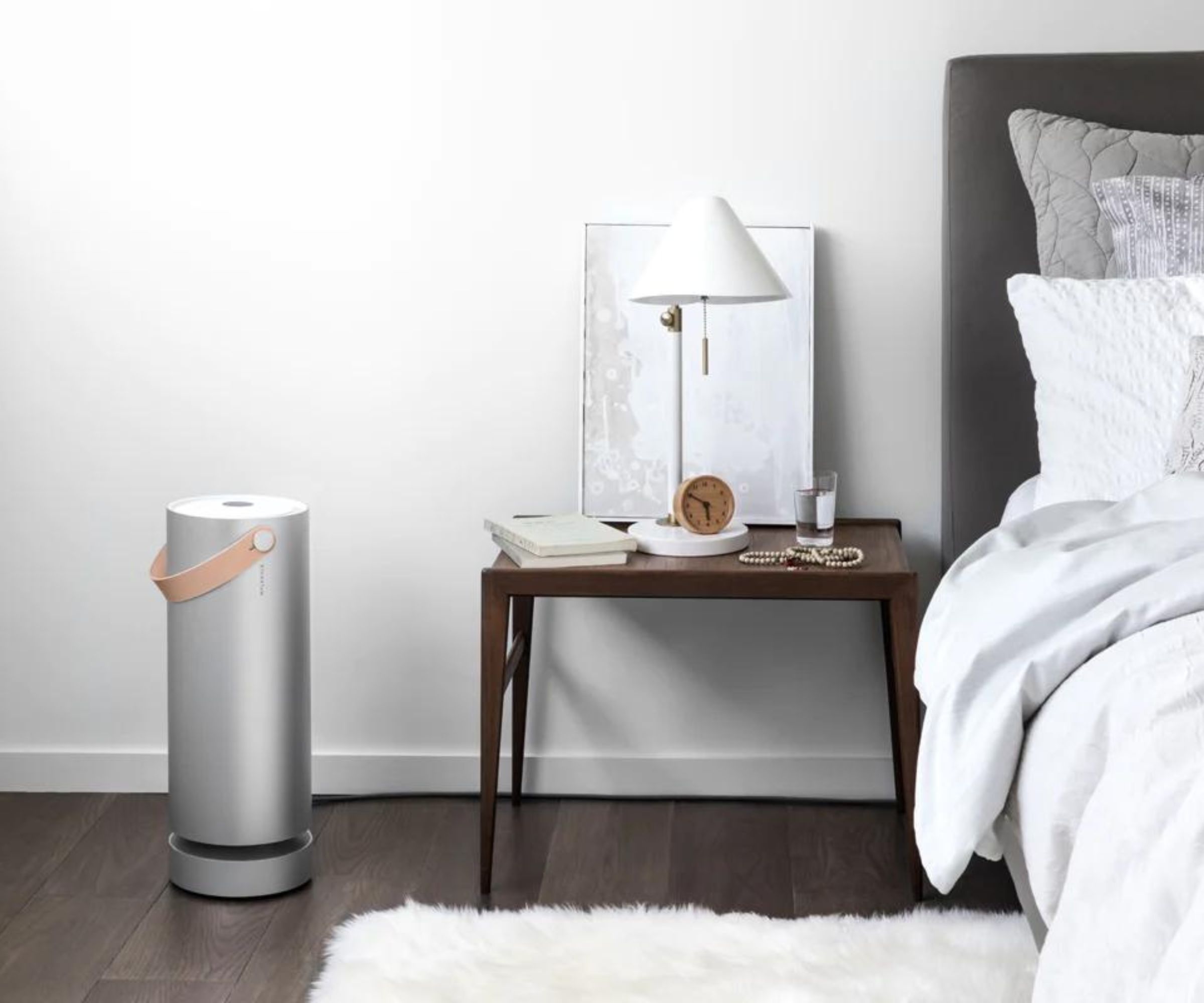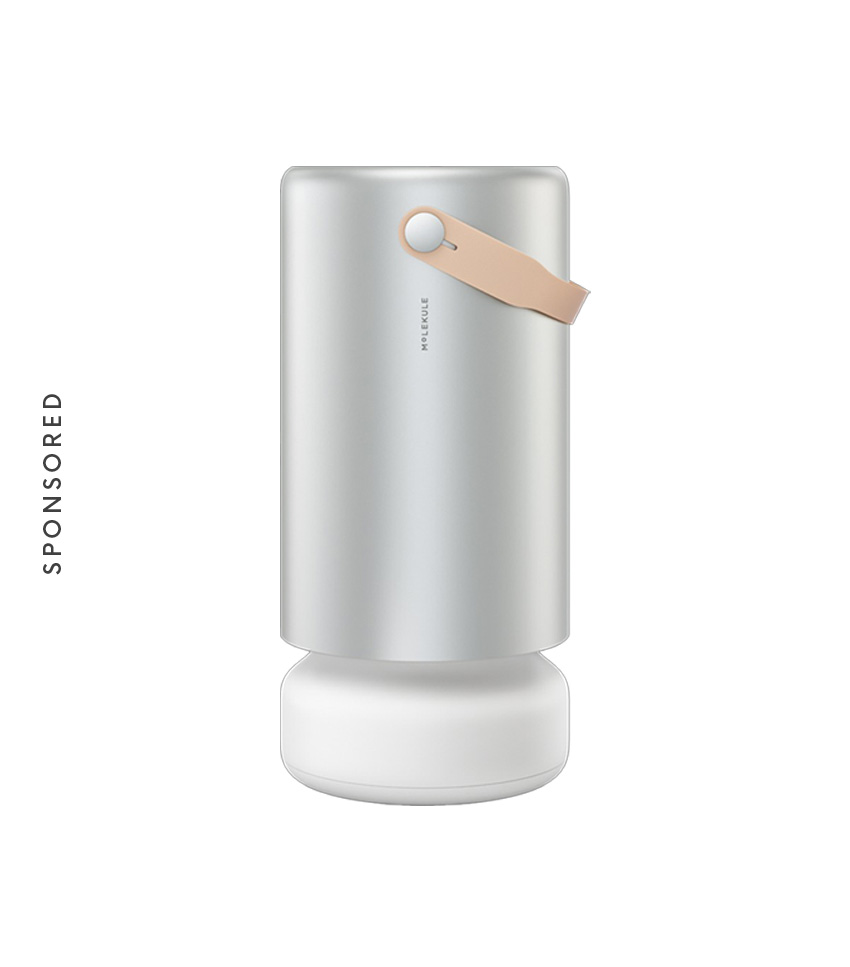Can an air purifier remove cigarette odors? The science of purifying tobacco smoke
It's fair to assume that air purifiers would be a big help when dealing with the smell from cigarettes, but there's more to it than you might think

Air purifiers are generous machines, removing dust, pollen, pet dander, and all sorts of pollutants from the air. But can an air purifier remove cigarette odors?
The best air purifiers can be relied on to remove the harmful particles in wildfire smoke, so it makes sense that they'd be able to handle cigarette smoke. But, naturally, these are two very different substances with different chemical compositions, so the processes aren't exactly the same.
As H&G's home tech editor, I've tested my fair share of air purifiers. I can attest that, yes, they can deal with cigarette smoke, but they aren't always able to completely remove the smell. So, here I dig deeper to find out whether they're actually able to remove cigarette odors.
Can an air purifier help remove cigarette odors?
In short, yes, but there are different factors influencing how well each air purifier can deal with cigarette smoke. To know which air purifiers are best, we first need to understand the particles that make up tobacco smoke and how air purifiers can filter them.
An air purifier uses a fan that sucks air from around the room, collecting and filtering out particles as air passes through. This is why, firstly, it's important for the air purifier to have a strong fan speed so that it can pull the smoke from across the room. Also, not all filters are created equal - the types and sizes of particles collected depend on the quality of the purifier's filtration system.
Airborne particles are typically measured in microns (1 micron is 1/1000 mm, or 1/25,000 of an inch). Tobacco smoke is made up of a cocktail of different particles; according to Breathing Space, the most common size range is between 0.3 to 0.5 microns, but many of the most harmful particles can be as small as 0.1 micron.
The most effective air purifiers have HEPA filters (or high-efficiency particulate absorbing filters) that are capable of capturing much finer particles than standard mechanical filters. Specifically, as the air quality experts at Molekule state, a HEPA filter is 'one that has been tested and proven to remove 99.97 percent of all particles that are 0.3 microns in diameter.'

So, an air purifier with a True HEPA filter will be able to capture particles as small as 0.3 microns. This accounts for most of the common tobacco smoke particles, but not those smaller, 0.1-micron particles.
HEPA filters must meet minimum performance standards, but it doesn't mean they can't surpass them. Many brands use advanced filters that capture particles down to 0.1 microns - and these are the ones you should look for when dealing with cigarette smoke.
That's how air purifiers suck up smoke and remove the harmful particles, but what about the smell? To actually remove the odors from your indoor space, your purifier relies on something else: an activated carbon filter.
The particals that carry the harmful chemicals and odors are too small to be picked up by a HEPA filter, regardless of how good it is. Instead, a carbon filter, positioned behind the HEPA filter, will absorb them, preventing them from re-entering the room. Like with HEPA filters, carbon filters come in different shapes and sizes and, generally, the more activated carbon, the better.
So yes, air purifiers can remove cigarette smoke and odors. How effectively they do this depends on the quality of the HEPA filter and the amount of activated carbon filtration used. Many products will have these specs available.
You can actually go a step further. HEPA and carbon filters trap and remove the particles from the air, but Molekule's air purifiers use a third layer of filtration: PECO filtration. This technology destroys organic pollutants at the molecular level, by breaking down harmful particles and pathogens, and turning them into harmless gases.

The Molekule Air Pro purifier comes with a PECO + HEPA Tri-Power filter to destroy toxic chemicals found in smoke. Another great feature is its Auto Protect mode, which automatically adjusts the fan speed when it senses a spike in particle or chemical levels.
Knowing how to choose the right air purifier will make all the difference when improving your home's air quality.
Sign up to the Homes & Gardens newsletter
Design expertise in your inbox – from inspiring decorating ideas and beautiful celebrity homes to practical gardening advice and shopping round-ups.

Dan is the Home Tech Editor for Homes & Gardens, covering all things cleaning, smart home, sound and air treatment across the Solved section. Having worked for Future PLC since July 2023, Dan was previously the Features Editor for Top Ten Reviews and looked after the wide variety of home and outdoor content across the site, but their writing about homes, gardens, tech and products started back in 2021 on brands like BBC Science Focus, YourHomeStyle and Gardens Illustrated.
They have spent more than 200 hours testing and reviewing vacuums for Homes & Gardens, and have even visited Dyson's engineering labs for the full low-down of the ins and outs of our trusty cleaners.
Dan has a BA in Philosophy and an MA in Magazine Journalism. Outside of work, you'll find them at gigs and art galleries, cycling somewhere scenic, or cooking up something good in the kitchen.
-
 Where can you buy Benjamin Moore paint? Here's all you need to know about browsing and shopping this much-loved brand
Where can you buy Benjamin Moore paint? Here's all you need to know about browsing and shopping this much-loved brandLooking to buy Benjamin Moore paint? These are the best ways to get your hands on this iconic paint brand
By Emily Moorman
-
 I tried the Pomodoro Technique to blast through my spring cleaning to-do list – now I'll always rely on it to banish procrastination
I tried the Pomodoro Technique to blast through my spring cleaning to-do list – now I'll always rely on it to banish procrastination25 minutes is more than enough to make a real difference
By Ottilie Blackhall